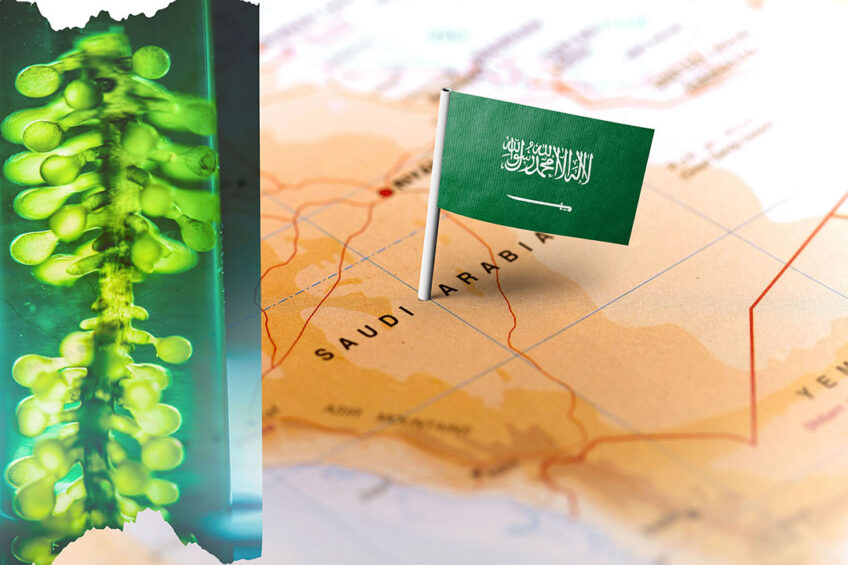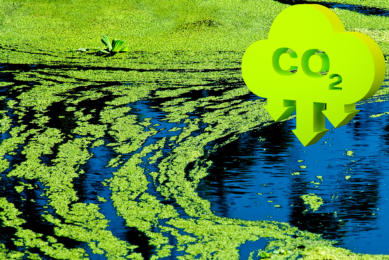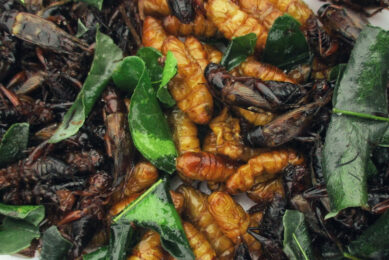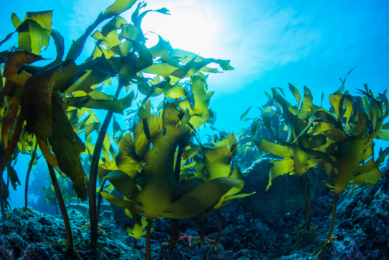Microalgae could be Saudi’s answer to feed sector’s import dependency

A group of pioneering Saudi researchers has unveiled a groundbreaking microalgae production technology. This innovation reportedly has the potential to revolutionise the country’s feed industry, currently reliant on imports of 13 million tonnes per year.
A team from King Abdullah University of Science and Technology (KAUST) has reported that they have developed special algae strains of the type “Spirulina and Chlorella”. These strains are unique in their ability to adapt to the salty sea water in the Arabian Peninsula, making them ideal for large-scale production.
Key advantage of microalgae
The researchers said the key advantage of microalgae is that they do not require freshwater, a resource that has become increasingly scarce in the Middle East in the past few years.
The industrial production of microalgae in the country is due to become part of Saudi Vision 2030, a comprehensive economic development plan under which the country targets improving food security and reducing dependence on imported feed and raw materials in the coming years.
This project will help algae play a major role in achieving the Kingdom’s food security goals and will bring multiple benefits that we can apply to other initiatives.
Dr Ian Campbell, KAUST Vice President
Microalgae production timeline
While the exact timeline for the industrial production of microalgae in Saudi Arabia is yet to be announced, the technology is expected to be a significant step towards securing the country’s global leadership in the field of algae biotechnology.
Saudi Arabia imports most of the raw materials it needs to produce animal feed – protein, fat, and carbohydrates – from countries such as Brazil and the USA. The annual needs are believed to be close to 13 million tonnes per year.
The initial goal is to ramp up microalgae production to 100 tonnes per year, which will constitute nearly 20% of Europe’s combined production performance.
Dr Claudio Grunwald, Director of the Algae Program at KAUST, said that studies have already shown that microalgae production is a feasible, sustainable and reliable technology for Saudi Arabia not only for producing raw materials for animal feed but also for carbon dioxide sequestration, and bioremediation of freshwater.
Innovations needed
This is not the first innovative project called to help Saudi Arabia overcome import dependence on feed.
In 2022, World of Farming, a local start-up, presented a hydroponic fodder farming methodology the company called the ‘The Cattleyst’. The company reported that this full circular farming methodology sustainably produced livestock feed through a closed-loop system that reduces methane emissions to the atmosphere.
In 2022, the company said it signed the first contract for building a feed production facility with a capacity of 3,000 tonnes of feed per year. However, there have been no reports about the project’s progress in the last couple of years.











